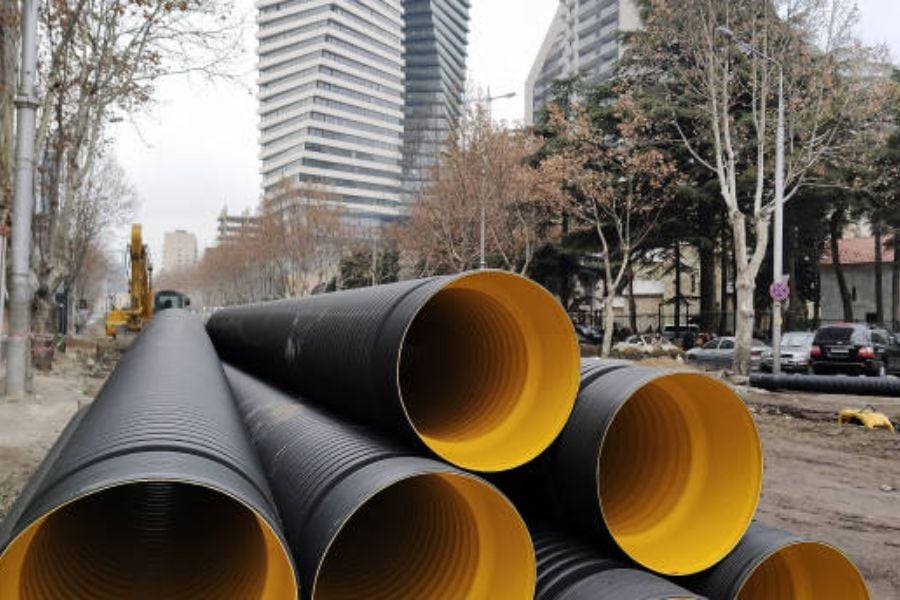Introduction to CPVC
Chlorinated polyvinyl chloride (CPVC) is a versatile thermoplastic used in a variety of piping applications. It is known for its durability and high temperature resistance, making it a popular choice for residential and commercial plumbing systems. One of the most common questions surrounding CPVC is its lifespan - how many years can you expect CPVC pipes to last?
Factors Affecting CPVC Lifespan
Several factors can influence the lifespan of CPVC pipes. These include the quality of the material used, installation practices, water quality, and exposure to external elements. CPVC pipes that are properly installed and maintained in ideal conditions can last for decades without any issues.
Quality of CPVC Material
The quality of the CPVC material used is crucial in determining the lifespan of the pipes. Higher quality CPVC pipes are manufactured to withstand higher temperatures and pressures, resulting in a longer lifespan. It is important to invest in CPVC pipes from reputable manufacturers to ensure durability and longevity.
Proper Installation Techniques
Proper installation of CPVC pipes is essential for maximizing their lifespan. Incorrect installation practices, such as using the wrong type of solvent cement or inadequate support, can lead to premature failure of the pipes. It is advisable to hire a professional plumber with experience in working with CPVC to ensure proper installation.
Water Quality and CPVC Lifespan
The quality of the water flowing through CPVC pipes can also impact their lifespan. Hard water with high mineral content can cause scaling and corrosion, leading to deterioration of the pipes over time. Regular maintenance and water quality testing can help prevent issues and prolong the lifespan of CPVC pipes.
Exposure to External Elements
Exposure to external elements such as UV rays, extreme temperatures, and chemicals can affect the longevity of CPVC pipes. It is important to install CPVC pipes in areas protected from direct sunlight and harsh weather conditions. Additionally, avoiding contact with chemicals and abrasive materials can help extend the lifespan of CPVC pipes.
Common Signs of CPVC Degradation
Over time, CPVC pipes may show signs of degradation indicating the need for replacement. Common signs include discoloration, warping, leaks, and unusual odors. If you notice any of these signs, it is important to address them promptly to prevent further damage and potential leaks.
CPVC Maintenance and Care
Regular maintenance and care can significantly extend the lifespan of CPVC pipes. This includes conducting routine inspections, repairing any leaks or damages, and monitoring water quality. Proper care and maintenance can help ensure that your CPVC pipes last for many years without issues.
Expected Lifespan of CPVC Pipes
On average, CPVC pipes can last anywhere from 50 to 75 years or more with proper care and maintenance. However, the actual lifespan of CPVC pipes can vary depending on the factors mentioned above. By following best practices and investing in high-quality materials, you can ensure that your CPVC pipes last for decades without any major issues.
Conclusion
In conclusion, CPVC pipes are durable and long-lasting piping solutions commonly used in plumbing systems. By understanding the factors that affect the lifespan of CPVC pipes and following proper care and maintenance practices, you can ensure that your CPVC pipes last for many years without any issues.
Quote Inquiry
Contact us!

